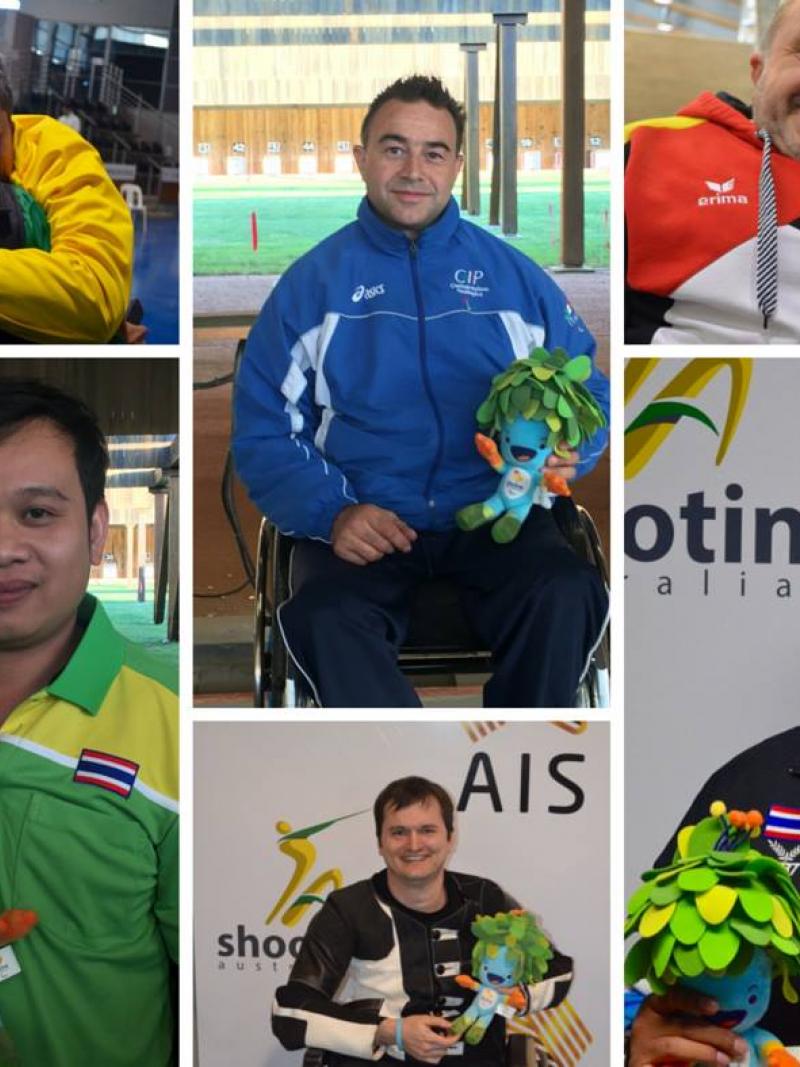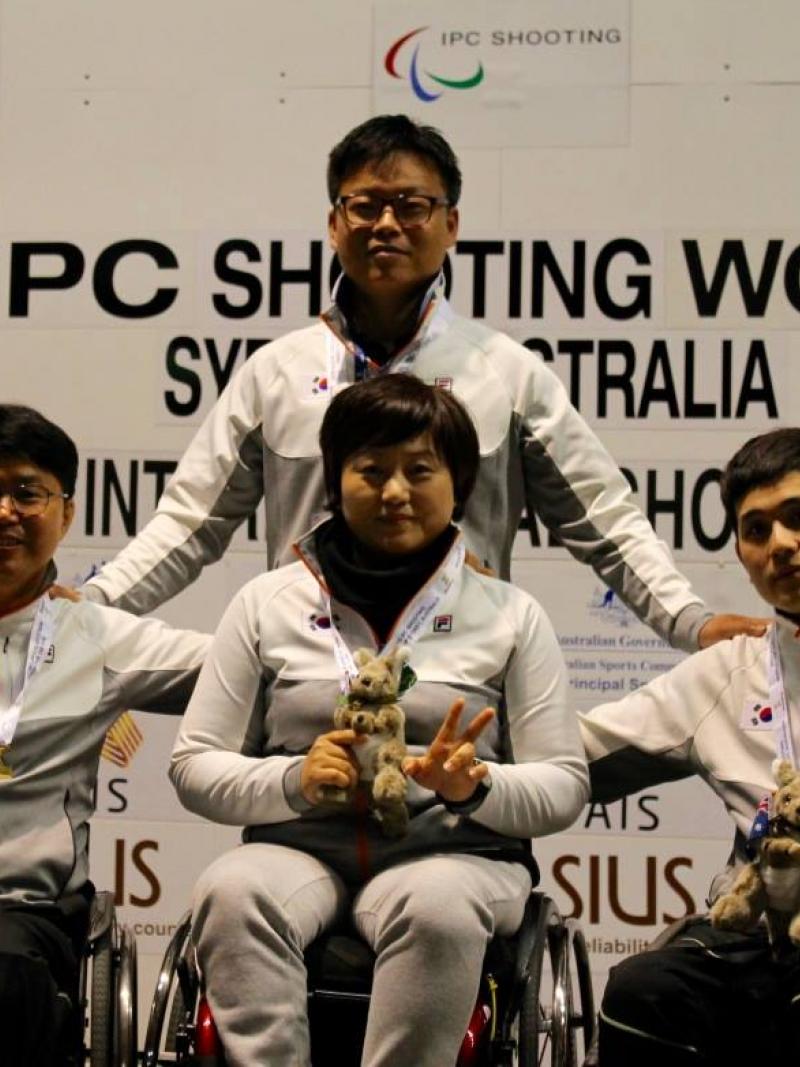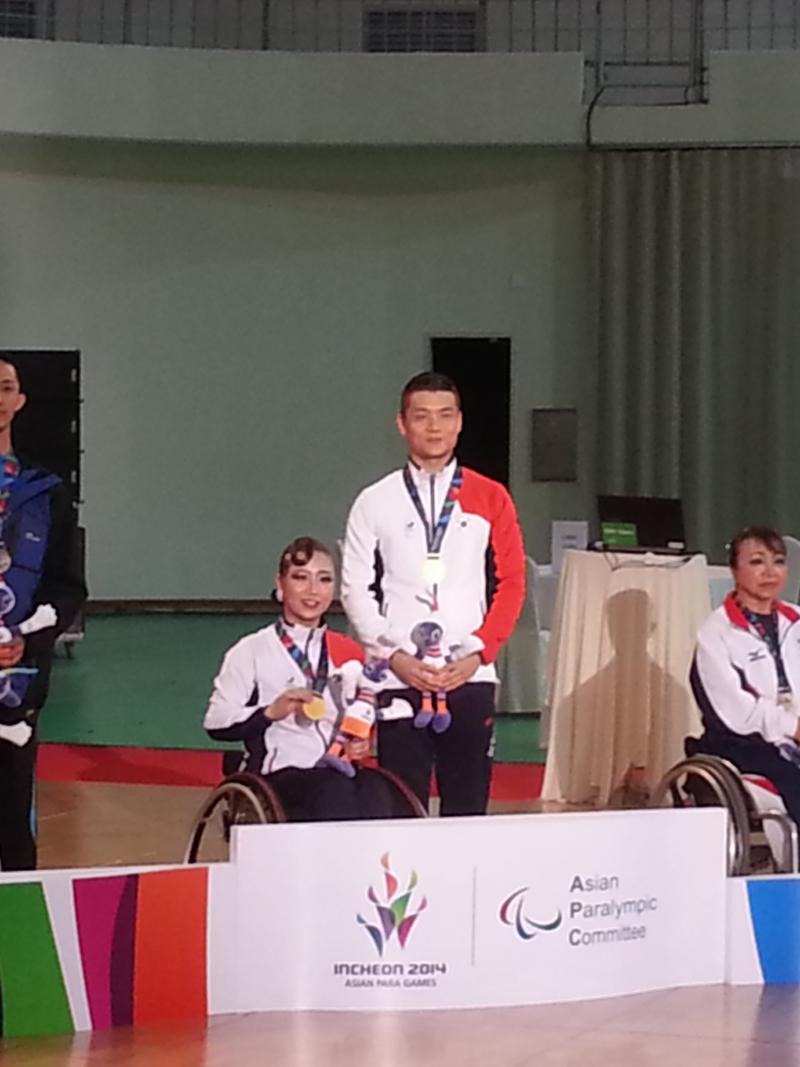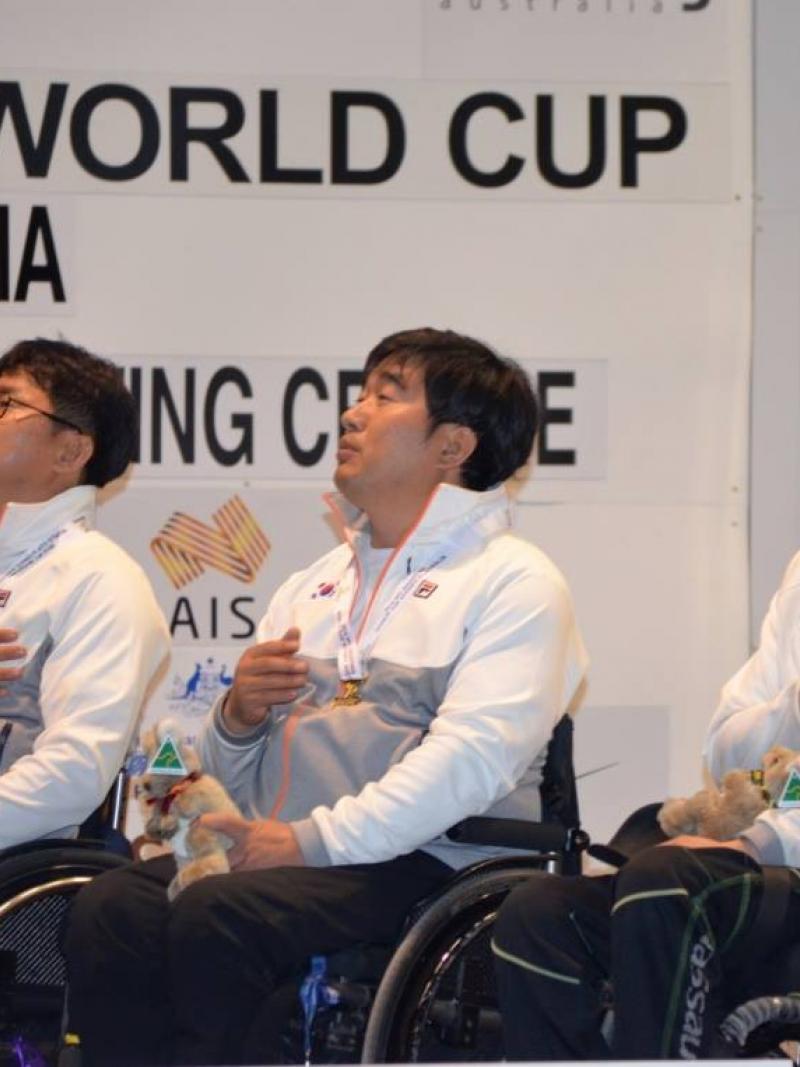The secrets to South Korea’s shooting success
Following a dominant performance at the IPC Shooting World Cup in September, the team look primed to be the ones to beat at Rio 2016. 17 Oct 2015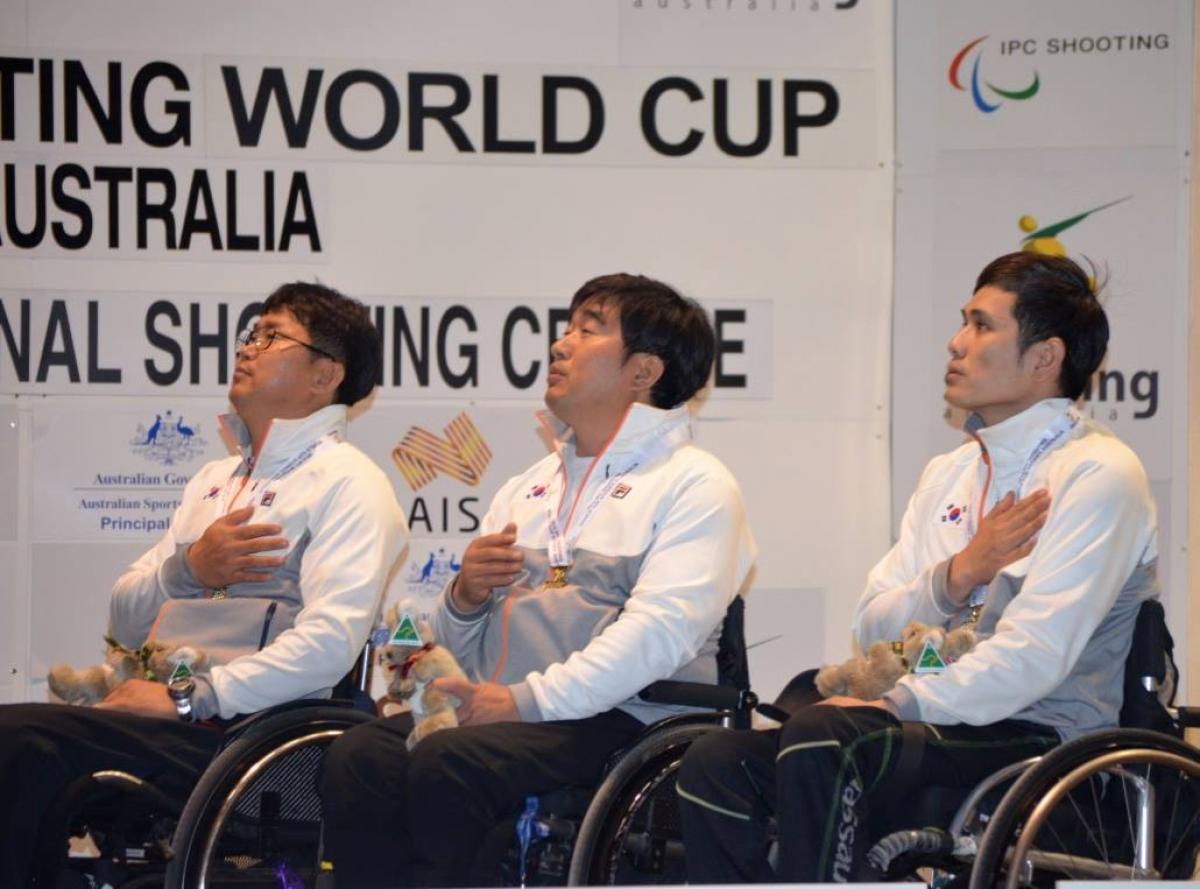
South Korea's Chul Park, Seakyun Park and Juhee Lee, smashed Russia's eight-year-old P3 (mixed 25m pistol SH1) world record at the 2015 IPC Shooting World Cup in Sydney, Australia.
South Korea sent a message to the world that they are the team to beat at the recent IPC Shooting World Cup in Sydney, Australia, and team officials have spoken of the secrets to the their success.
The country topped the medals table in Sydney with a total of seventeen medals including eight gold, five silver and four bronze. They also set four world and five regional records across team and individual events, some of which had stood for more than eight years.
South Korea sent a team of 35 composed of 23 athletes, along with sports psychologists and other industry professionals. With the largest delegation of any country, it was very clear that the team were vying for much more than the single quota spot available to them.
“Even though only one quota spot was left for team Korea, we wanted to check our athletes’ capabilities in international competitions. Also, some athletes had not yet obtained MQS [minimum qualification] so it was a perfect opportunity for them to do exactly that” said head coach Yeoungoog Lee.
“Furthermore, all athletes want to have peak performances. Peak performance occurs when some main factors such as technical, physical, and psychological skills meet. Our team has been working with sport science support programmes for a few years to find and analyse key factors of athletic capability and provide athletes with that information.
“We are sure these efforts will help shooters show their peak potentials in the big competitions”.
South Korea have a great depth of talent and they continue to produce successful shooters. They are undoubtedly the benchmark team in the lead up to the Rio 2016 Paralympic Games next September.
“As a result of our success in shooting we get much more support than any other sports,” Lee continued. “In order to prepare for major competitions, athletes live and train together for about 30 days. Not only do we take care of high talent athletes, but also we keep looking for young shooters to develop and try to train them as next-medalists.”
With Rio 2016 less than a year away, South Korea are modest about their goals, but they are also very concentrated.
Lee said: “The number of medals we win and their colours are certainly a key focus for our team. However, the most important thing is that each athlete sets his/her own goals and then does their very best to achieve them in Rio”.
Myungsoon Park picked up South Korea’s twelfth and final quota place in Sydney, keeping on track the team’s plans to better their three gold and one bronze medal from the 2012 London Paralympics.
With their primary goal achieved and a number of qualification scores obtained, the South Korean team will continue to strengthen their squad and work closely with team professionals, including sending a 19-strong team of athletes and team officials to the upcoming 2015 IPC Shooting World Cup Fort Benning, USA, before presenting a final list of athletes for Rio.
The field remains open for another 27 athletes from other countries to secure quota places at the final IPC Shooting World Cup in Fort Benning between 3-7 November.
A full list of athletes who have already obtained quota places for their country and details of the Fort Benning World Cup are available on the IPC Shooting website.

 Facebook
Facebook
 Instagram
Instagram
 Twitter
Twitter
 Youtube
Youtube

